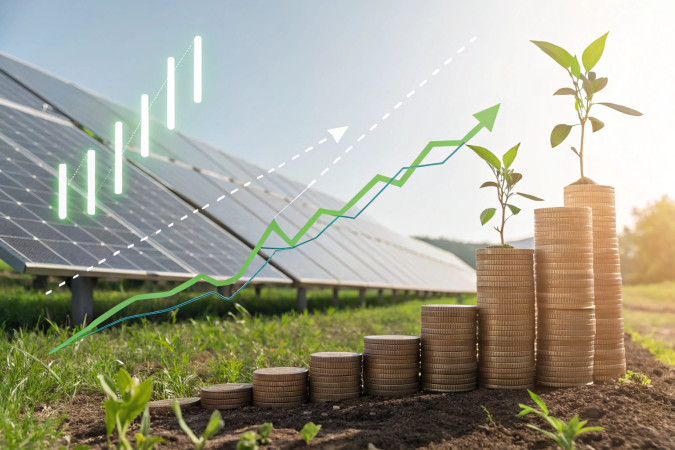
Follow India Renewable Energy News on WhatsApp for exclusive updates on clean energy news and insights
Challenges in Renewable Energy Procurement and Lessons for 500 GW Goal
Mar 05, 2025
India's journey towards achieving 500 GW of non-fossil fuel capacity by 2030 faces hurdles in renewable energy (RE) procurement. Several issues have emerged, including delays in project commissioning, financing difficulties, and policy uncertainties. Despite ambitious targets, challenges such as land acquisition, grid integration, and lack of long-term power purchase agreements (PPAs) have slowed progress.
One of the key lessons is the need for a stable regulatory framework. Frequent policy changes and tariff caps in auctions have led to reduced investor confidence. Developers struggle with cost escalation, making projects financially unviable. Additionally, delays in payment from distribution companies (DISCOMs) remain a major concern, affecting cash flows and discouraging private investment.
To address these challenges, India must streamline approval processes, ensure timely payment to developers, and provide financial incentives for storage solutions.
Strengthening transmission infrastructure and integrating energy storage can enhance grid reliability. Additionally, states need to align their policies with national targets to avoid inconsistencies.
Transparent bidding mechanisms and risk-sharing models can attract investors while ensuring fair competition. The government should also explore innovative financing options, such as green bonds and viability gap funding, to support large-scale projects.
Achieving 500 GW of non-fossil capacity by 2030 requires a coordinated effort between policymakers, developers, and financiers. By addressing procurement challenges, ensuring policy stability, and fostering investment-friendly conditions, India can accelerate its energy transition effectively.